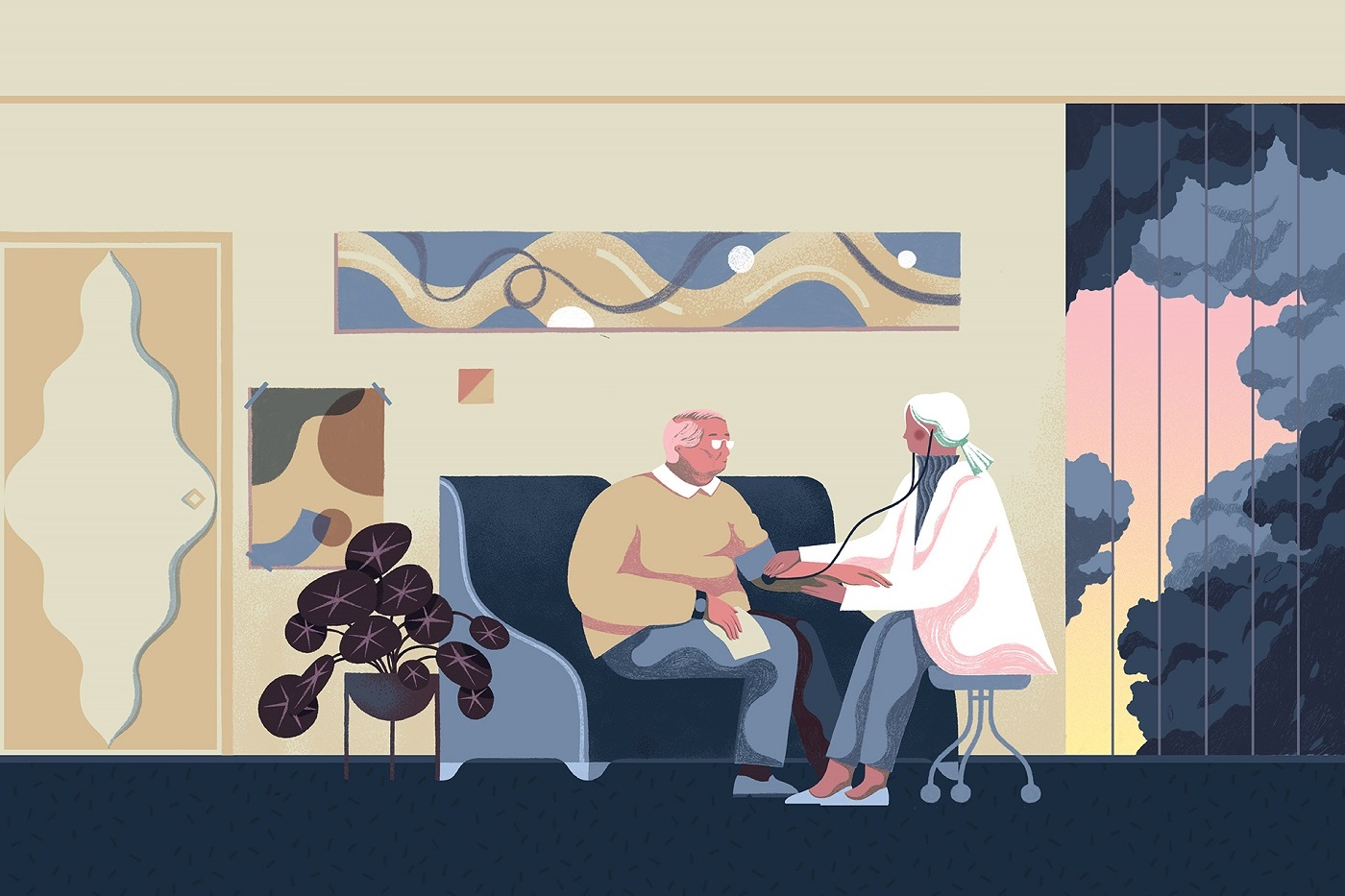
Autism and Elderly
Autism is a disorder that is more known for affecting children. But the same little research shows that adults with autism are at greater risk for physical and mental health conditions, including diabetes, depression and heart disease. Adults with autism are also about 2.5 times more likely to die prematurely than older people their age. Because it is a newly discovered disease and medical studies have been conducted on it for recent decades, unfortunately there are many elderly people with autism who have not been diagnosed for most of their lives.
It is very difficult to diagnose adults with autism because these tests are mainly designed for children. To diagnose autism in adults, doctors need to ask them questions about the details of early life and childhood - which, for older adults who have died with their parents, may not be available and other details may be forgotten.
"There's really no systematic research on autism for more than 65 years, so we don't really know the nature of the problems," said one child psychiatrist. "But as the population of children with autism grows older, we will have to study more about the elderly with autism."
More than half of people with autism share at least four characteristics of epilepsy, gastrointestinal illness, obsessive-ompulsive disorder, and depression. They also have significant psychological problems, including schizophrenia and depression.
Autistic seniors are about 200 times more likely to develop Parkinson's disease than normal adults 40 to 60 years old. Older adults with autism may be prone to health problems for the same reasons that younger people have. Exposed to health risks, such as unusual dietary preferences and a tendency to be sedentary, are common among both autistic and non-autistic seniors.
Medications prescribed for autistic patients can have side effects. People with autism often take antipsychotic drugs such as aripiprazole, which can cause weight gain and high blood pressure - and increase the risk of diabetes and heart disease in the elderly. Antipsychotic drugs can also cause symptoms of Parkinson's disease. And one disease can often cause another disease or even increase the symptoms of another disease.
Many adults with autism hide their illness for fear of being excluded from society and instead try to act like a nervous person. This secrecy can cause stress, and stress can increase the risk of heart disease, stroke, and suicidal thoughts and behaviors. Social isolation can exacerbate mental health in the elderly with autism. Loneliness, feelings of alienation, and feelings of rejection are common among adults with autism and can lead to depression.
Although autism was once considered a rare disease, it is now estimated that 1% of adults meet the current criteria for Autism Spectrum Disorder (ASD). The main and known problems of this disease include the following:
- Difficulty starting or maintaining a conversation. Unusual response to greetings or other social contracts.
- Lack of eye contact and lack of understanding of non-verbal communication; Unusual voice sound or body language.
- Difficulty making or maintaining friendships; They need more solitude than usual
- Perform repetitive movements such as shaking, tapping.
- Arrange things in a very precise way.
- They become overly disturbed by changes in routines or expectations; The same thing must be done every time.

 Our Location
Our Location +1 (778) 723-6108
+1 (778) 723-6108
Leave Your Comment